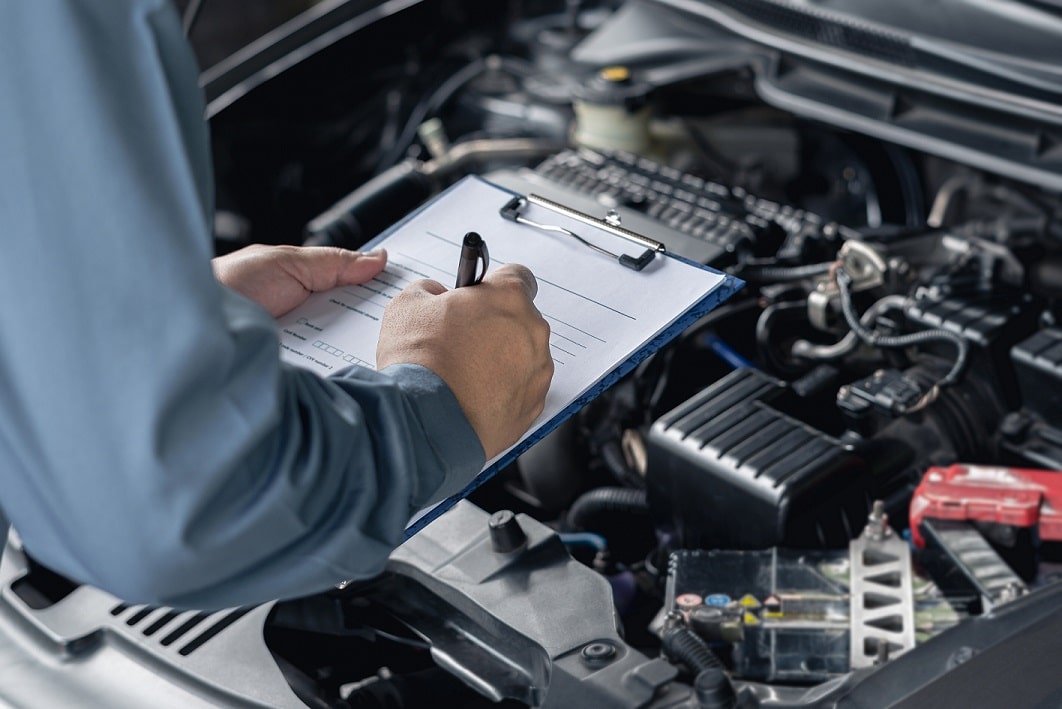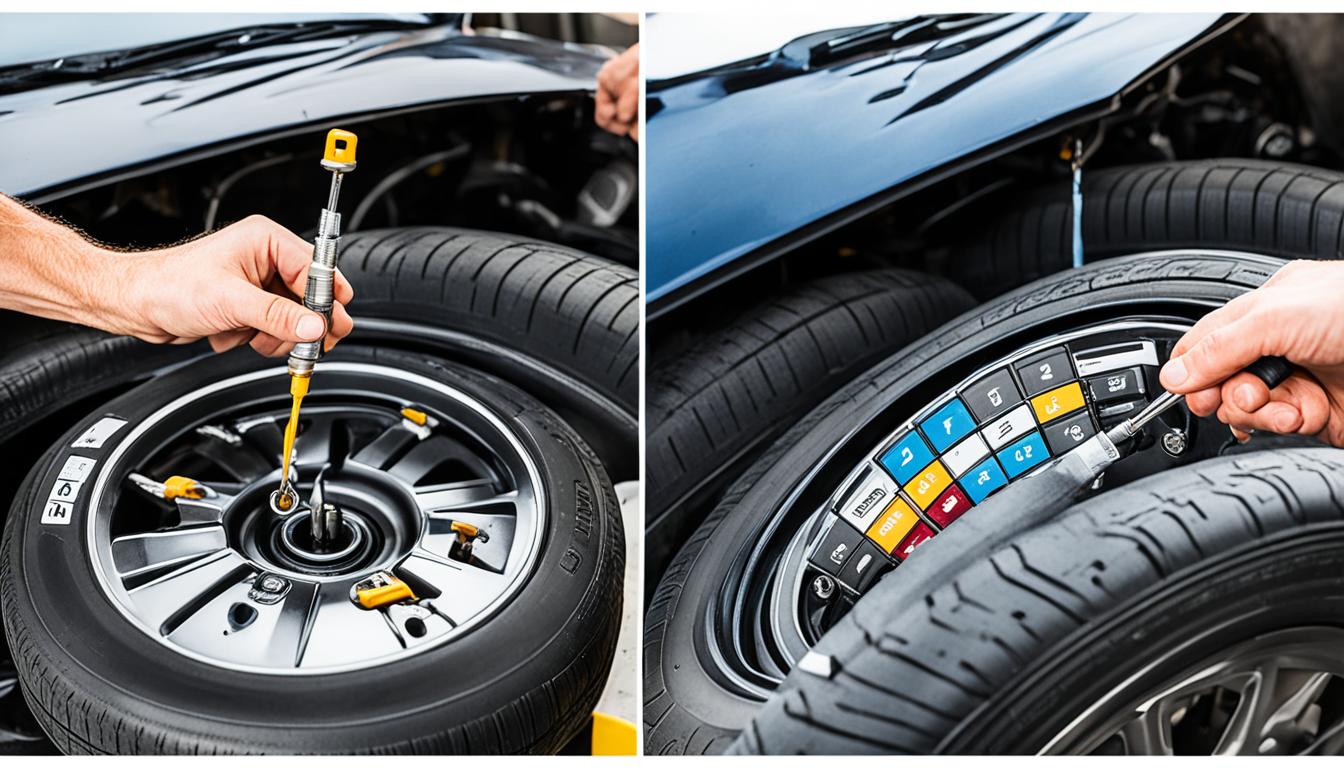All Categories
Featured
The Evolution of Vehicle Repair Work: Dealing With Intricate Automobile Systems

As car technology remains to develop, automobile service center encounter the growing obstacle of servicing significantly complicated systems. Today's autos are geared up with sophisticated features like digital control units (ECUs), driver-assistance systems, and crossbreed or electrical drivetrains. To fulfill these demands, fixing stores must innovate and adapt their methods, guaranteeing they have the tools and competence to take care of detailed automotive fixings.
The Role of Advanced Diagnostics. Gone are the days when auto mechanics count exclusively on their detects and standard tools to identify vehicle issues. Modern vehicles are controlled by onboard computer systems that control whatever from engine efficiency to safety systems. Vehicle service center use advanced analysis devices to interact with these systems. Tools like OBD-II scanners and specialized diagnostic software application allow service technicians to accessibility error codes, screen system efficiency, and identify issues that would otherwise stay concealed.
For instance, a breakdown in an innovative driver-assistance system (ADAS), such as lane separation warning or automatic emergency situation braking, needs specific calibration tools to make sure proper feature. Without these advanced diagnostics, fixing such systems would be impossible.
Skilled Technicians Are Important. As cars end up being much more complex, so does the role of the professional. Fixing modern-day autos usually calls for understanding of software program shows, electric engineering, and mechanical knowledge. Automobile repair service stores buy constant training for their service technicians to keep them updated on the most recent advancements in automobile technology. Accreditations like ASE Master Specialist or manufacturer-specific programs ensure that specialists are geared up to handle cutting-edge systems.
Shops also employ experts for special challenges, such as crossbreed and electrical vehicle repair services. These lorries feature high-voltage systems that require advanced knowledge and security preventative measures, making specialized training important.

Collaboration with Automakers. Several service center now function carefully with car manufacturers to equal the fast improvements in automotive technology. Via these collaborations, shops get accessibility to exclusive repair information, OEM parts, and software updates. Some also participate in programs like the National Automotive Service Task Pressure (NASTF), which links the space in between independent repair service stores and manufacturers, guaranteeing stores can take care of the very same systems as authorized dealerships.
Upgrading Tools and Facilities. Vehicle service center are additionally spending in their facilities to satisfy the needs of facility systems. Dedicated workspace for adjusting sensing units, dealing with high-voltage elements, or doing software updates are coming to be usual. Devices like laser-guided alignment systems, battery diagnostic equipment, and shows interfaces are important for contemporary repair services.

Customer-Focused Technique. Vehicle repair service stores increasingly emphasize transparency by supplying comprehensive descriptions of diagnostics and fixings. This aids customers feel educated and positive in their fixing decisions.
Conclusion. Handling complicated lorry systems is no small job, yet automobile repair service shops are increasing to the occasion. By welcoming advanced diagnostics, investing in technician training, and upgrading centers, these shops guarantee they remain efficient in servicing the automobiles of today-- and tomorrow. For lorry owners, discovering a service center with the appropriate expertise and modern technology is essential to maintaining their autos running smoothly in this age of automobile advancement.
Latest Posts
Identifying When Your Car Needs Expert Auto Repair at Montclare Auto Repair
Published May 26, 25
1 min read
Join WyHy FCU – Top Benefits for Your Financial Future
Published May 25, 25
1 min read
Reliable Expenses Door Solutions for Houses and Organizations
Published May 24, 25
1 min read